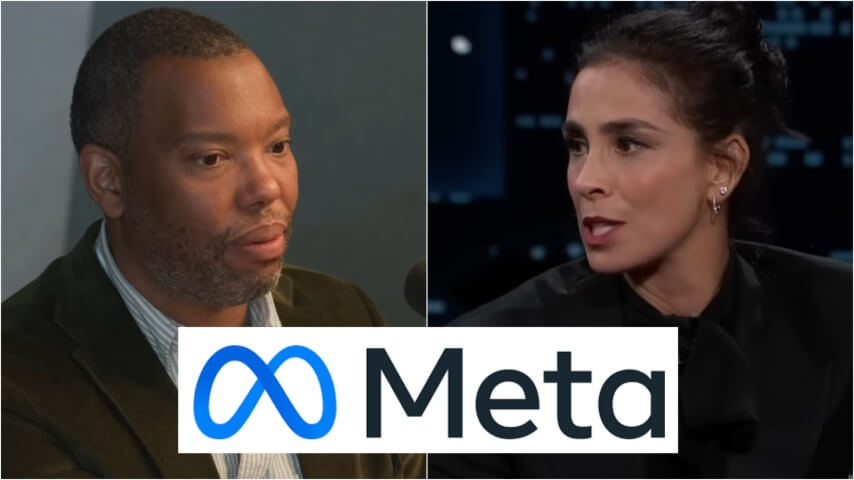AI wins this round as judge rules for Meta over Sarah Silverman, Ta-Nehisi Coates, and other authors
The judge basically encouraged someone with a better argument to come forward.
Screenshots: What Now? With Trevor Noah; Jimmy Kimmel Live! Logo: Meta
A group of authors, including Sarah Silverman and Ta-Nehisi Coates, have lost their lawsuit against Mark Zuckerberg’s Meta. The writers sued the tech company over their copyrighted works being used to train Meta’s artificial intelligence large language models (LLMs) without permission. Unfortunately for them, the judge just didn’t think they brought the right evidence to the table. “On this record Meta has defeated the plaintiffs’ half-hearted argument that its copying causes or threatens significant market harm,” U.S. District Judge Vince Chhabria said in his ruling (via CNBC). “That conclusion may be in significant tension with reality.”
In this case, the judge seemed to agree that Meta’s use of the work for “transformative purpose” falls under fair use. But “No matter how transformative LLM training may be, it’s hard to imagine that it can be fair use to use copyrighted books to develop a tool to make billions or trillions of dollars while enabling the creation of a potentially endless stream of competing works that could significantly harm the market for those books,” Chhabria wrote (per The Hollywood Reporter). On the other hand, “It’s easy to imagine that AI-generated books could successfully crowd out lesser-known works or works by up-and-coming authors. While AI-generated books probably wouldn’t have much of an effect on the market for the works of Agatha Christie, they could very well prevent the next Agatha Christie from getting noticed or selling enough books to keep writing.”
 Keep scrolling for more great stories.
Keep scrolling for more great stories.
